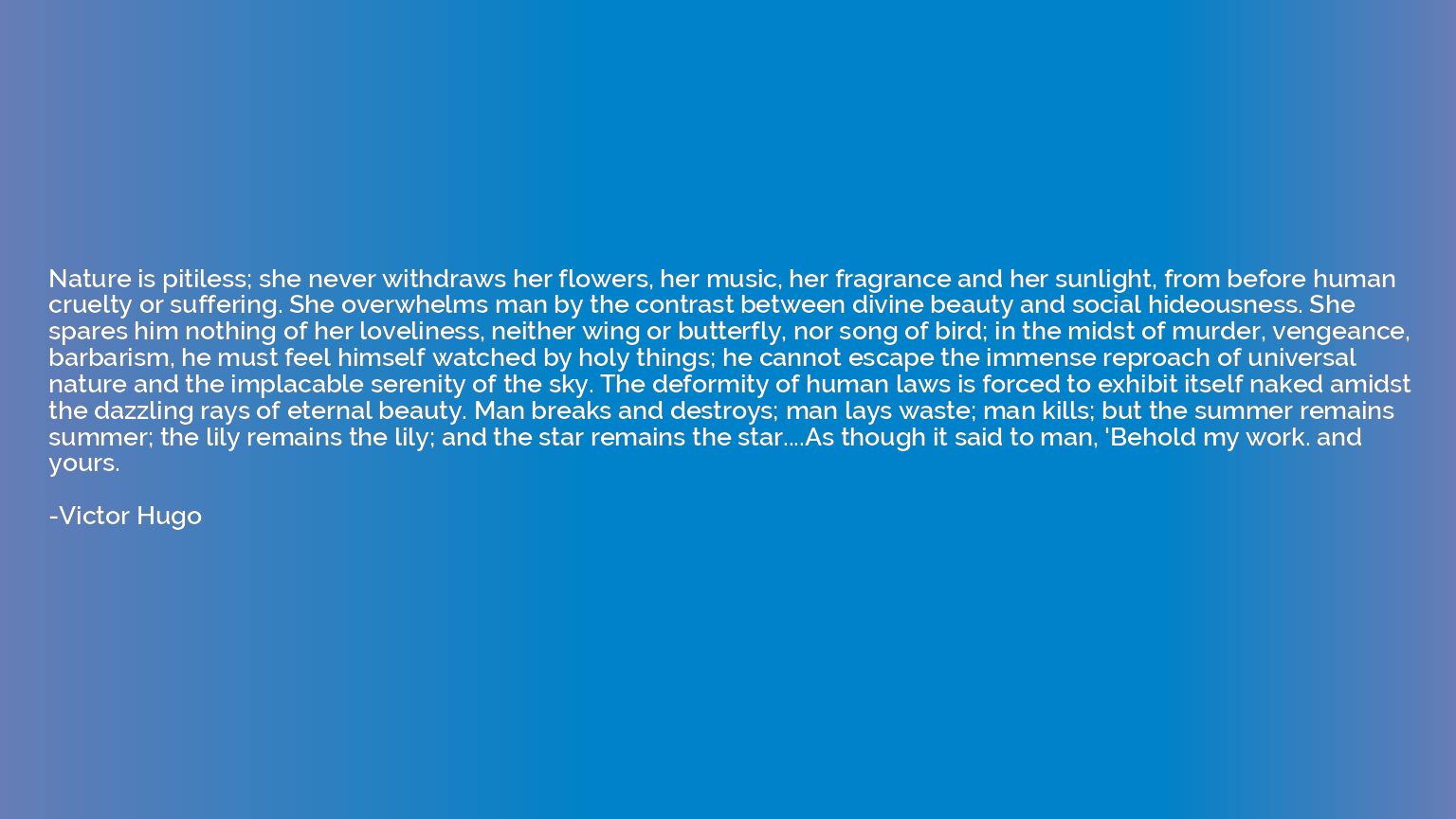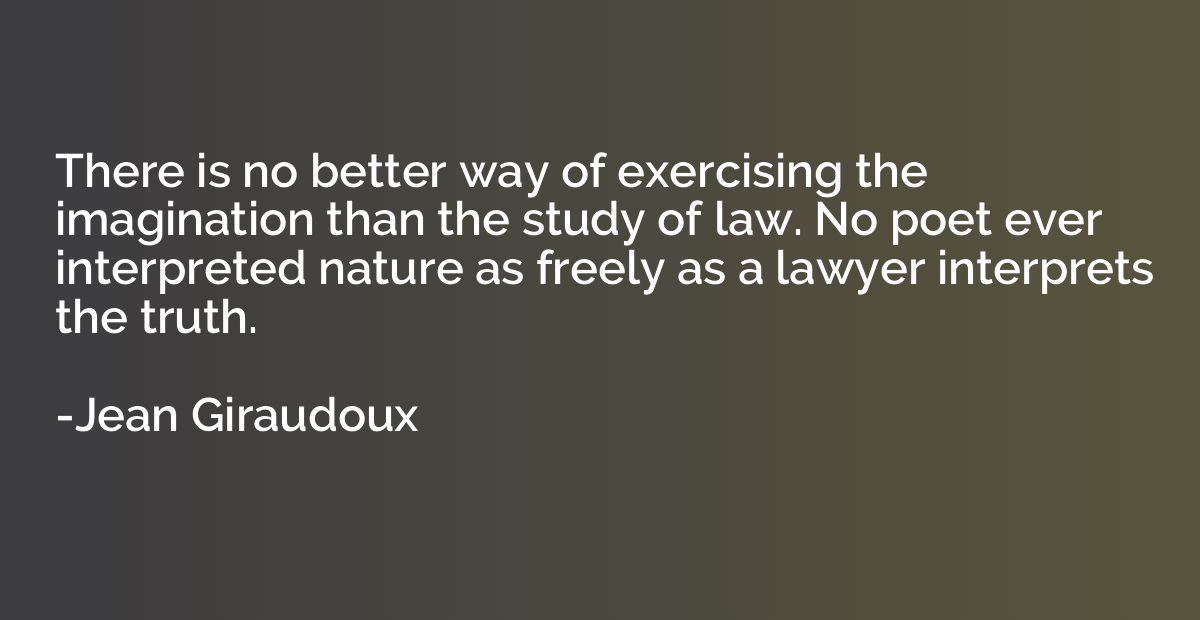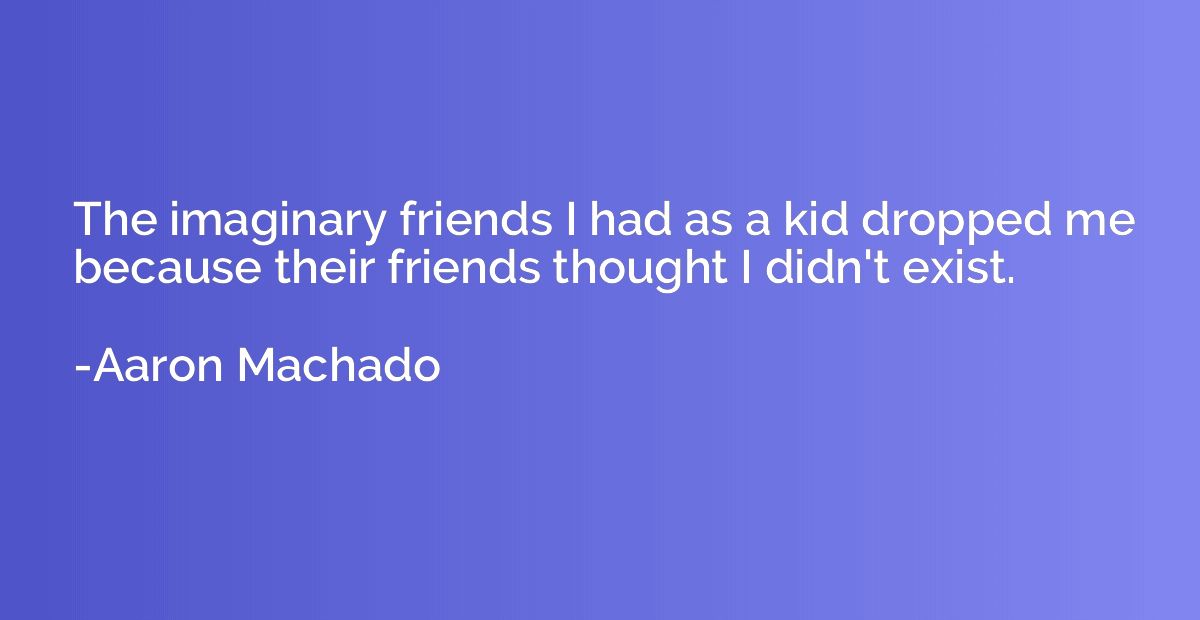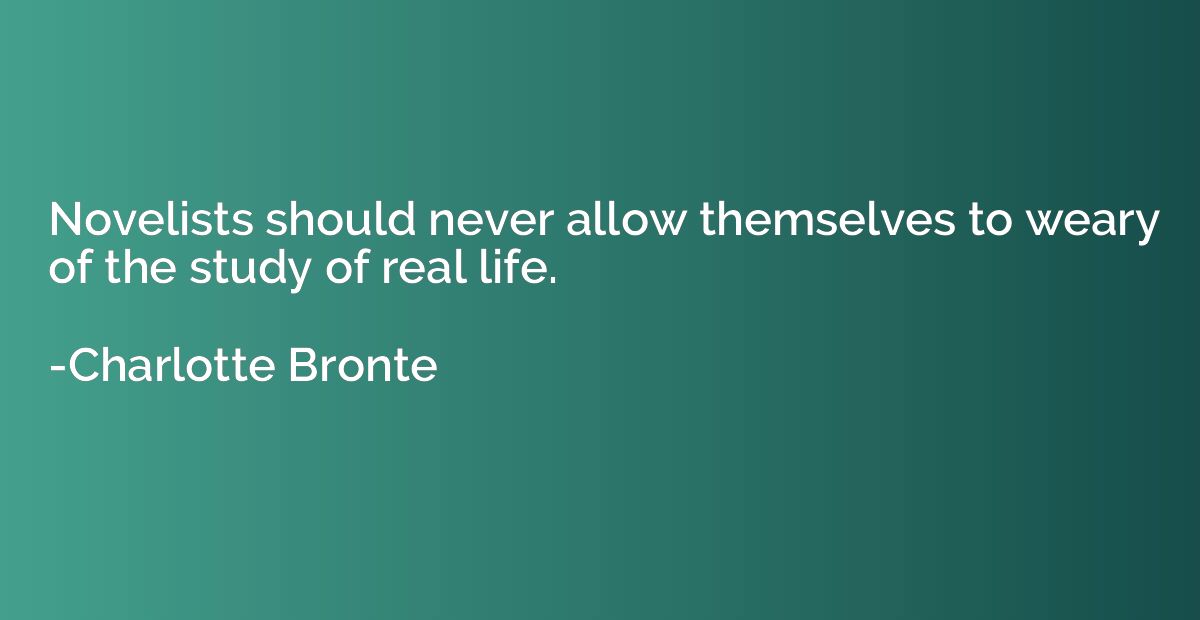Quote by Friedrich Nietzsche
One may sometimes tell a lie, but the grimace that accompanies it tells the truth.

Summary
This quote suggests that while someone may try to deceive others through lies, their facial expressions and body language can often reveal their true feelings or intentions. No matter how convincingly one may try to mask the truth, the unconscious betrayal in the form of a grimace or a subtle facial expression potentially uncovers their hidden emotions or discomfort. It highlights how nonverbal cues can provide insights that may contradict the spoken words, reminding us of the limitations of solely relying on verbal communication to understand others.














